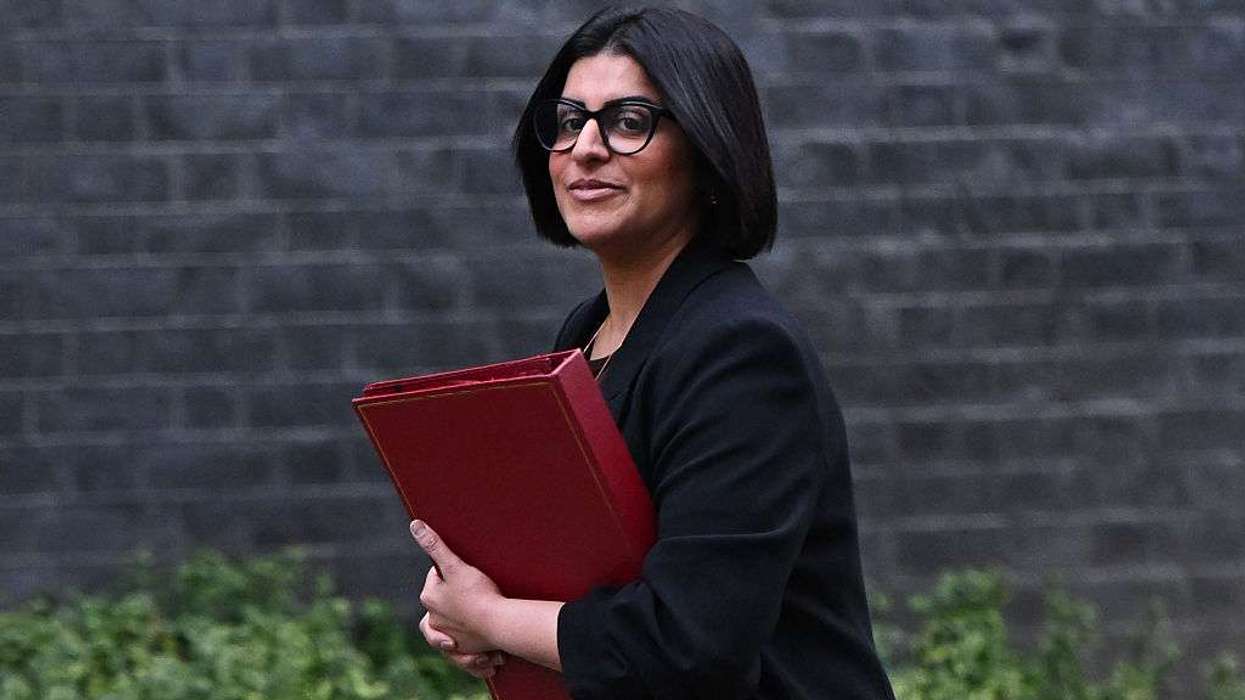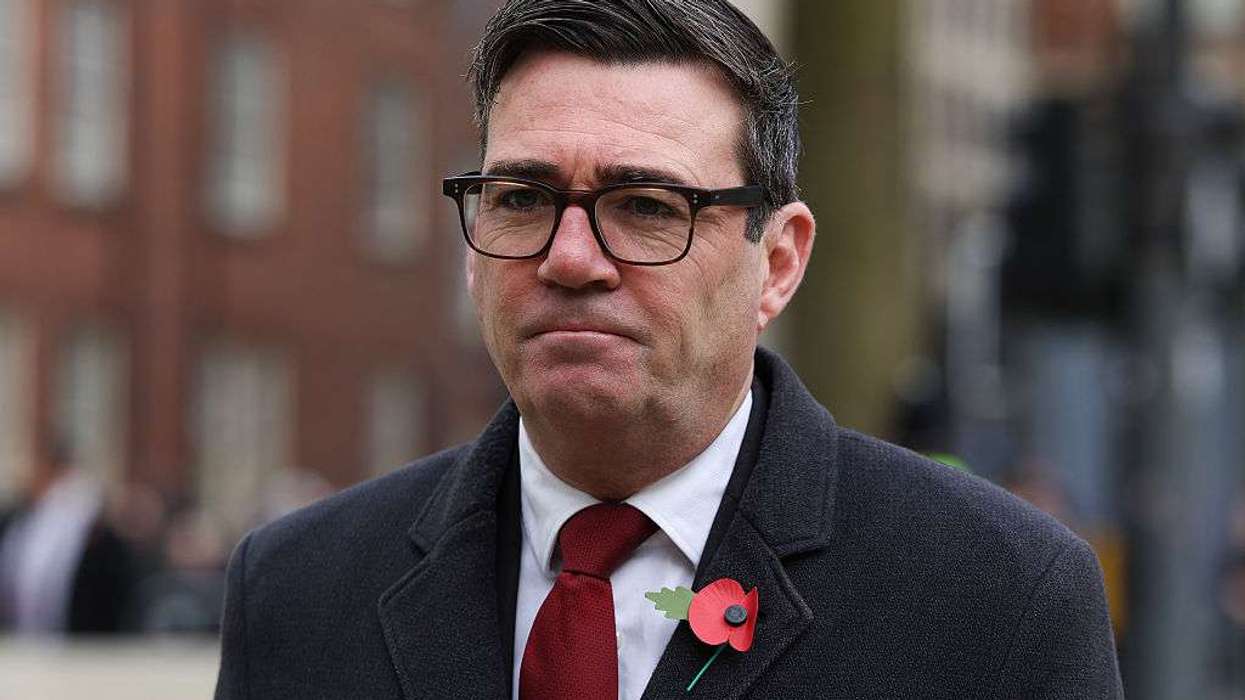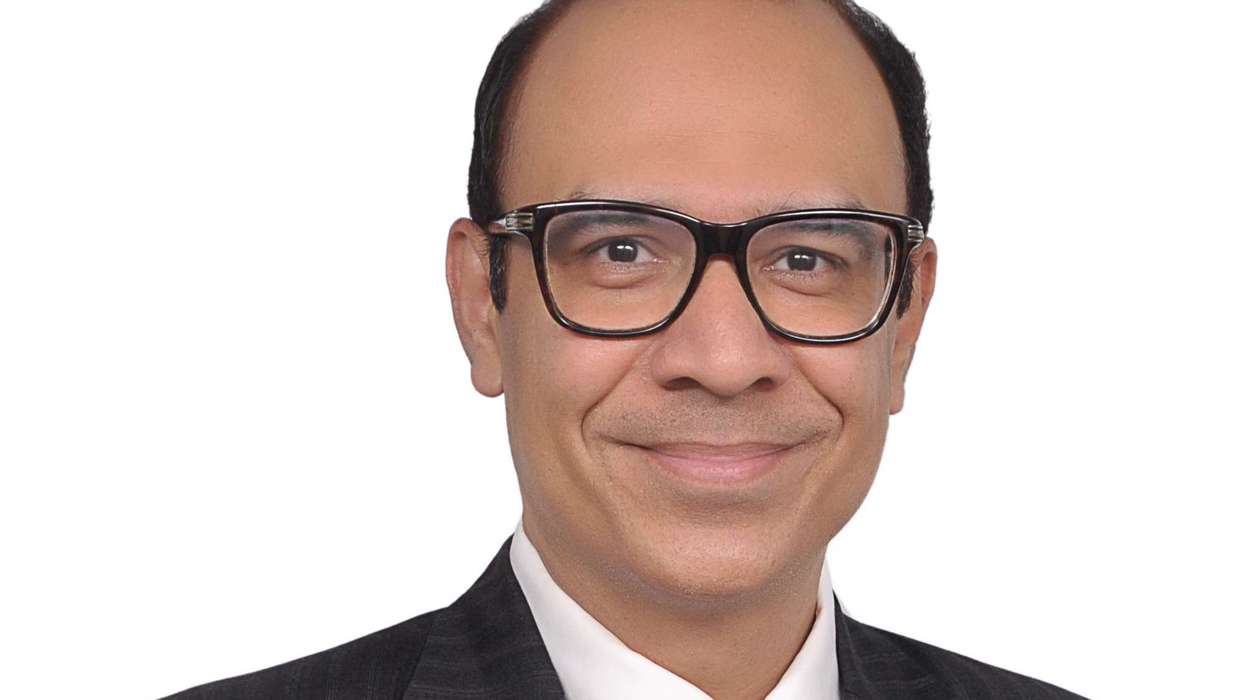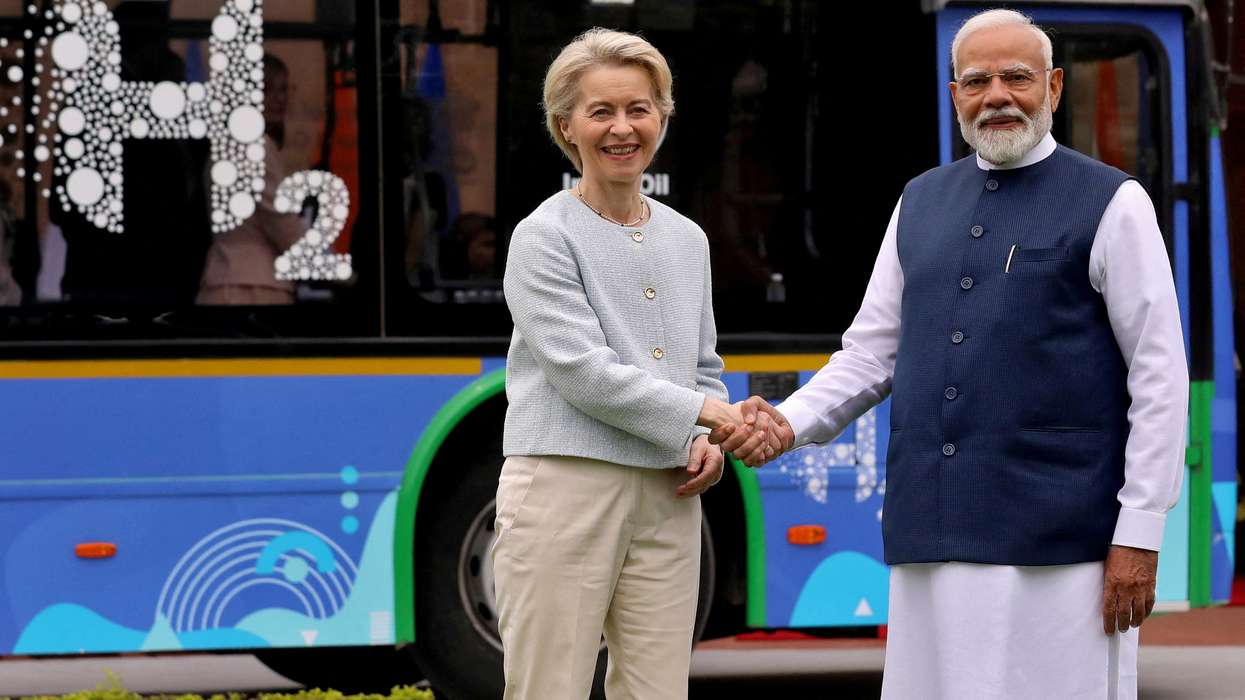A WAVE of anti-migrant protests and counter-protests took place across the UK at the weekend, with the largest gathering outside the Bell Hotel in Epping, northeast of London.
The protests followed the charging of an Ethiopian migrant, who had been living at the hotel, with sexually assaulting a schoolgirl.
About 1,000 demonstrators and counter-protesters faced off in Epping, trading chants and insults across a police exclusion zone, The Times reported.
Essex police put in place a large security operation, with support from Merseyside Police — who dealt with last summer’s riots — as well as officers from the Metropolitan Police and several other forces. Barricades were erected to separate groups, and the wearing of masks was banned.
ALSO READ: Protests outside migrant hotel in London turn violent again
Members of Homeland, a far-right splinter group of Patriotic Alternative, were present at the protest. One demonstrator told The Times that the aim was to “stretch the police’s resources as much as possible” so the hotel would stop housing migrants. Protesters gathered outside the Bell Hotel, despite calls from the local council to close it. “They’re a threat. They don’t know who they are, who they’re allowing in these hotels, and basically they’re putting everybody at danger,” a protester identified only as Cathy told AFP.
The counter-protest was organised by Stand Up to Racism, whose members, numbering around 700, chanted “refugees are welcome here” and “Whose streets? Our streets.”
Essex police confirmed three arrests in Epping: a 52-year-old man and a 53-year-old woman, both from Loughton, and a 27-year-old woman counter-protester from Deptford. They said the protest ended “peacefully.” However, during previous demonstrations at the hotel, police had reported an escalation of violence.
Anti-migrant protests were also reported at hotels in Wolverhampton, east London, Norwich, Leeds, Portsmouth, Bournemouth, Southampton and Nottinghamshire, according to The Times.
ALSO READ: New sanctions to hit people smugglers and their enablers
In Wolverhampton, nine men were arrested in the early hours of Sunday and two men were taken to hospital with serious injuries. On Friday evening, a man was charged with obstructing a police officer at a protest in Leeds.
The unrest comes amid concerns that Britain could face another summer of disorder. The issue of thousands of irregular migrants arriving in small boats across the Channel, combined with economic strains, has fuelled anger in parts of the country. Far-right activists have amplified tensions online.
Almost exactly a year ago, on 29 July 2024, three young girls were stabbed to death in Southport, sparking riots after false claims spread that the attacker — a UK-born teenager from a family that came from Rwanda after the 1994 genocide — was a migrant.
Nearly 24,000 migrants have crossed the Channel so far in 2025, the highest number recorded at this point in a year.
(With inputs from agencies)





